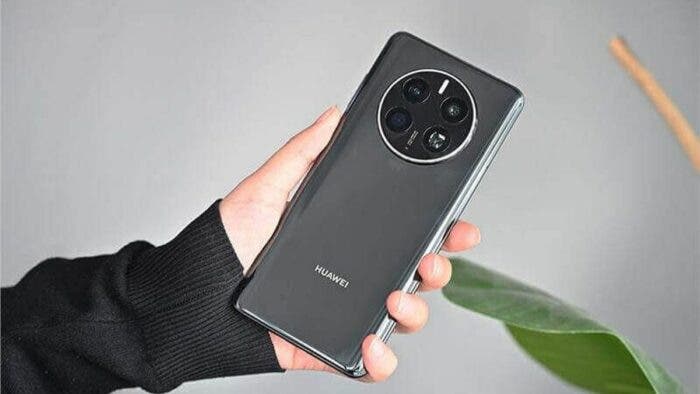China’s smartphone market is on the rise, showing significant growth in the second quarter of 2024. According to the latest reports from the International Data Corporation (IDC) and market research firm Counterpoint, major brands like vivo, Huawei, and Xiaomi have played crucial roles in driving this increase. However, considering the Huawei ban and how the company crashed, Huawei is the major spotlight of the latest reports. It is important to note that on both rankings, Huawei is above Apple in the Chinese smartphone market.
IDC Report Insights
Market Overview
IDC’s latest quarterly tracking report reveals that smartphone shipments in China reached approximately 71.58 million units in Q2 2024. This marks an 8.9% increase year-on-year. The growth was largely driven by Android manufacturers such as vivo, Huawei, and Xiaomi. Despite a significant price cut that boosted demand for Apple products, iOS shipments still fell by 3.1% year-on-year.

Leading Brands
Vivo emerged as the market leader, topping the charts with the highest shipment volume and retail sales in the first half of the year. Its new products captured the top market share in multiple price ranges, from 1,000 to 5,000 yuan. The sub-brand iQOO also performed well, securing a 5.5% market share.
Huawei ranked second, showcasing a year-on-year shipment increase of over 50%. With a 17.5% market share in the first half of the year, Huawei reaffirmed its strong position. Despite facing external restrictions, Huawei’s supply capabilities improved, particularly in the high-end market above 4,000 yuan.
OPPO maintained its position among the top three with a 15.7% market share. The new Reno 12 series and A3 Pro contributed significantly to its success. Regular updates to Color OS enhanced user experience, bolstering OPPO’s market standing.

Other Notable Performances
Honor and Xiaomi also reported positive growth. Honor’s collaboration with “Yagu” Imaging helped it secure the second spot in the 2,000-3,000 yuan market. Xiaomi saw a 16.5% year-on-year increase in domestic shipments, aided by the success of its new energy vehicle, Su7. The integration of “people, cars, and homes” ecosystem further strengthened Xiaomi’s user retention.
Counterpoint Report Insights
Market Growth Confirmation
Counterpoint’s data corroborates IDC’s findings, indicating a 6% year-on-year increase in China’s smartphone sales for Q2 2024. This growth reaffirms the recovery of the world’s largest smartphone market.
Market Share Breakdown
Vivo continues to lead with an 18.5% market share, reflecting an 11.1% year-on-year increase. Apple and Huawei follow closely, with market shares of 15.5% and 15.4%, respectively. Huawei’s impressive growth in Q2, driven by the Pura 70 and Nova 12 series, positions it to potentially surpass Apple soon.

Brand Performance
The iPhone 15 Pro and Pro Max accounted for about 50% of Apple’s sales in Q2 2024, up from 47% for the iPhone 14 Pro and Pro Max in the same period last year. This increase is attributed to aggressive price cuts.
Huawei’s remarkable growth saw its market share increase by over 44% year-on-year, the highest among all brands. However, its current market share of 15.4% remains below its peak level of around 40% in 2020.
Xiaomi, Honor, and OPPO occupied the 4th, 5th, and 6th positions, with market shares of 15.3%, 15.2%, and 14.6%, respectively.
Conclusion
The second quarter of 2024 has been a period of significant growth and competition in the Chinese smartphone market. Both IDC and Counterpoint reports highlight the strong performances of leading brands like vivo, Huawei, and Xiaomi. As the market continues to recover, these brands are expected to further strengthen their positions and drive innovation in the smartphone industry.





